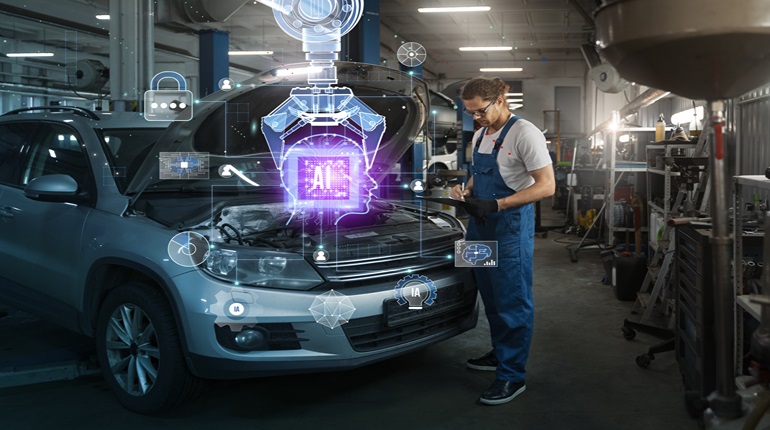Introduction
The automotive industry, a dynamic and ever-evolving sector, operates at the intersection of technology, sustainability, and consumer demands. In today's market, marked by unprecedented shifts, understanding how automotive players navigate complexities is crucial. In this blog post, we'll delve into the inner workings of the automotive industry, exploring key trends, technological advancements, market dynamics, and the strategies that drive success in this fast-paced landscape.

Technological Innovations
The heartbeat of the modern automotive industry is technological innovation. From advanced driver-assistance systems (ADAS) to electric vehicles (EVs) and autonomous driving, cutting-edge technologies are reshaping the way vehicles are designed, manufactured, and operated. Automotive manufacturers are investing heavily in research and development to stay competitive, with a focus on enhancing safety, reducing environmental impact, and delivering a seamless driving experience.
Read the latest news about automotive industry trends 2024 here!
Electric Revolution
The shift toward electric vehicles is a defining trend in today's automotive market. With a growing emphasis on sustainability and reduced carbon footprints, major automakers are investing in electric vehicle technology. Governments worldwide are offering incentives to promote electric mobility, further accelerating the adoption of EVs. Charging infrastructure development and advancements in battery technology play pivotal roles in making electric vehicles more accessible and appealing to consumers.
Supply Chain Challenges
The automotive industry is grappling with supply chain challenges, particularly in the wake of global events that impact manufacturing and logistics. Disruptions in the supply chain, ranging from semiconductor shortages to raw material scarcity, have forced automakers to reassess their production strategies. These challenges highlight the industry's vulnerability to external factors and underscore the importance of building resilient supply chains.
Consumer Preferences and Connectivity
Today's consumers are more discerning than ever, driving automakers to prioritize connectivity and personalized experiences. From in-car infotainment systems to seamless integration with smartphones, the demand for connected vehicles is on the rise. Automotive companies are leveraging data analytics to understand consumer preferences, offering features that enhance convenience, entertainment, and safety, creating a more holistic driving experience.
Shift Toward Mobility Services
The traditional concept of car ownership is undergoing a transformation with the rise of mobility services. Ride-sharing, car-sharing, and subscription models are gaining popularity, particularly in urban areas. Automakers are adapting to this shift by exploring partnerships with mobility service providers and integrating their offerings into evolving urban transportation ecosystems.
Global Regulatory Landscape
Stringent emissions regulations and an increased focus on sustainability are shaping the global regulatory landscape for the automotive industry. Many countries are setting ambitious targets for reducing carbon emissions, driving automakers to accelerate the development and adoption of eco-friendly technologies. The regulatory environment is a key factor influencing product development, production processes, and market strategies.
Check the latest automotive news through CarCheckPro
Stay update about latest news for car in the UK through CheckCarPro, We update the up-to-date daily news information. Read now!
Conclusion
In today's automotive landscape, a delicate dance of innovation, sustainability, and adaptability defines success. As the industry navigates the challenges and opportunities presented by technological advancements, changing consumer preferences, and global dynamics, staying agile and forward-thinking becomes imperative for automotive players looking to thrive in this intricate market.






